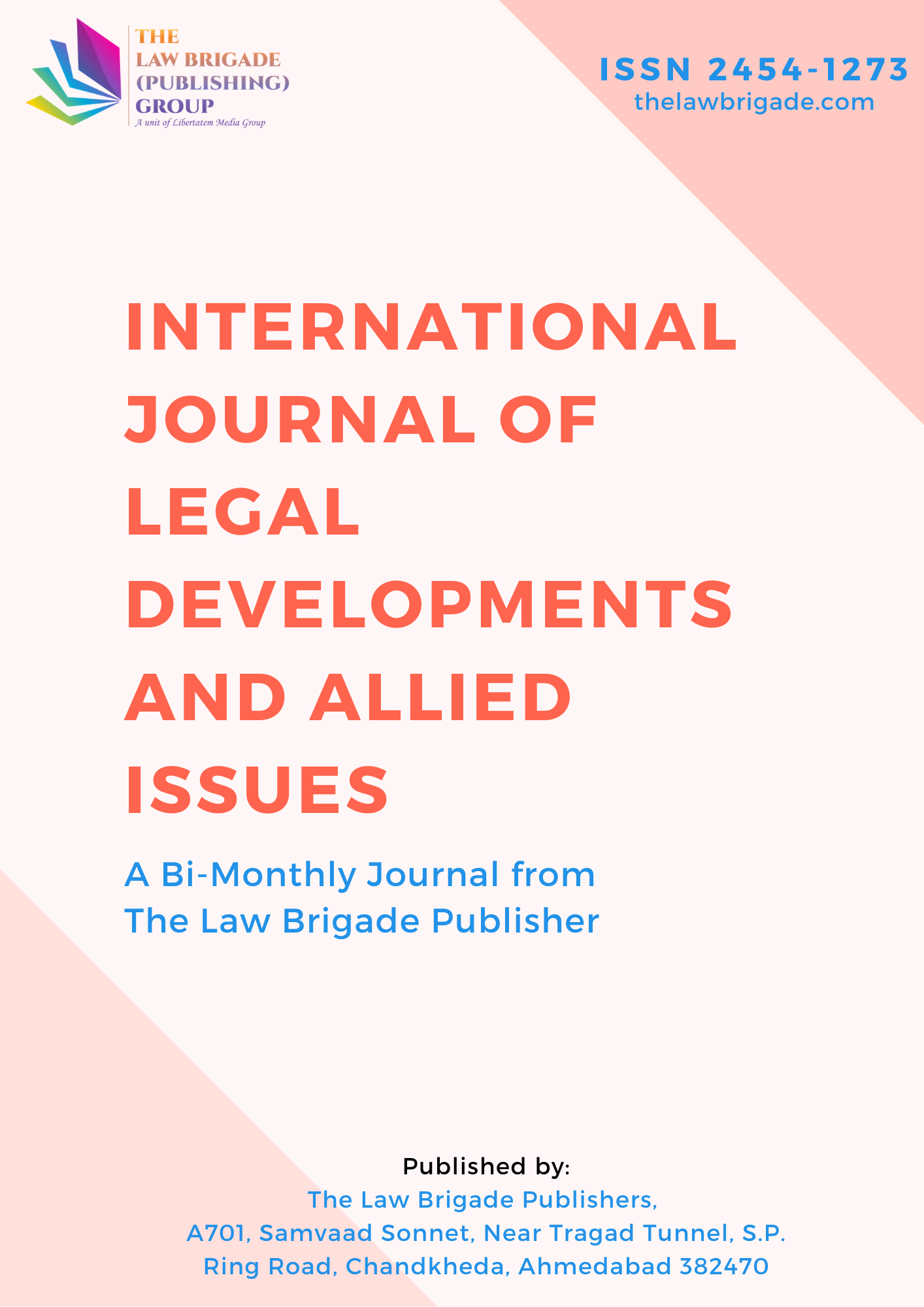In every judicial proceeding, the parties involved must prosecute or defend their cases based on credible evidence. It is evidence which shows that something exist or that something is true. The courts would only rely on evidence duly obtained in the course of the proceedings. An attempt has been made to define or explain the meaning of evidence in this paper but suffice it to say that “evidence” is the foundation of every judicial proceeding in the court or tribunal. Evidence has been severally classified by difference authors but the basic concern here is on the primary (original) and secondary (photocopy) evidence. While there is no difficulty in a party tendering primarily evidence due to its originality, it is not always so with the secondary evidence. For a photocopy of a private document, all the party seeking to tender it needs to do under the Evidence Act is to lay a sufficient foundation of what has happened to the original and if satisfied, the court would admit it in evidence. On the other hand, if the photocopy is of a public document, the law requires a certified true copy of the document to be issued by the official custodian of the document. The trend in courts and among legal practitioners is that once public document is not certified by the officer in whose custody it is kept, objections as to its admissibility or otherwise are raised and often upheld by the courts. However, the good news is that recently some courts are favourably disposed at considering the difficulty imposed on litigants who may not procure the certified true copy for one reason or the other, by treating such as an exceptional circumstance. The position of courts on this point has been treated in this paper. This is so because evidence not properly admitted would be expunged on appeal and to admit a piece of evidence, the court considers fundamentally whether it is admissible, whether it is relevant, whether it is not excluded by the force of law and at judgement stage its probative value – whether it is remotely related to the facts in issue.
Admissibility Of Secondary Evidence Under the Evidence Act 2011: A Critical Analysis
Publication Information
Journal Title: International Journal Of Legal Developments And Allied Issues
Author(s): Dennis Ude Ekumankama
Published On: 25/05/2023
Volume: 9
Issue: 3
First Page: 16
Last Page: 33
ISSN: 2454-1273
Publisher: The Law Brigade Publisher
DOI Not Allotted [Get DOI]
Cite this Article
Dennis Ude Ekumankama, Admissibility Of Secondary Evidence Under the Evidence Act 2011: A Critical Analysis, Volume 9 Issue 3, International Journal Of Legal Developments And Allied Issues, 16-33, Published on 25/05/2023, Available at https://ijldai.thelawbrigade.com/article/admissibility-of-secondary-evidence-under-the-evidence-act-2011-a-critical-analysis/
Abstract
Keywords: Evidence; Admissibility and Relevancy; Public Documents; Photocopies and Certified copies





